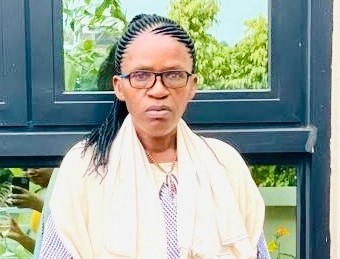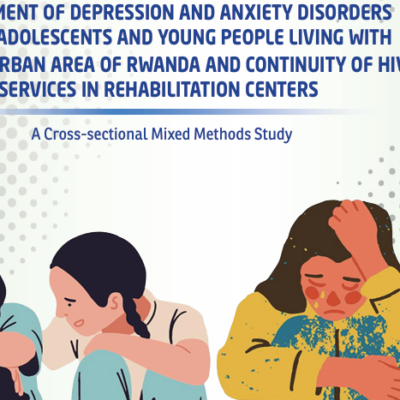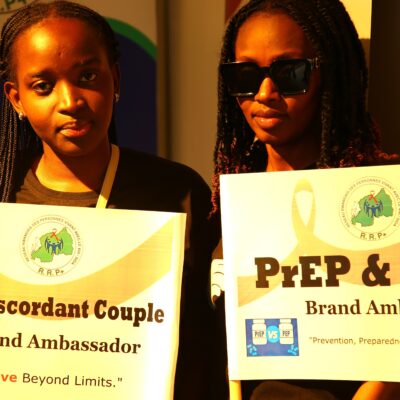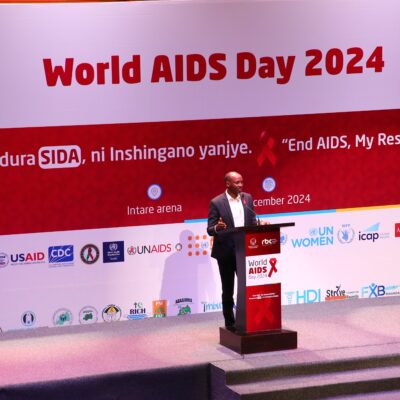The Rwanda Network of People Living with HIV (RRP+) with GF support on Friday 26th January 2024 concluded a 5-day training for 32 Ambassadors aimed to strengthen their capacity on the use of social media platforms, raise awareness on the HIV prevention and response.
It was also intended to impart skills to the RRP+ ambassadors to create informative and educative You tube content on selected health topics, hence attracting large viewership in HIV response.
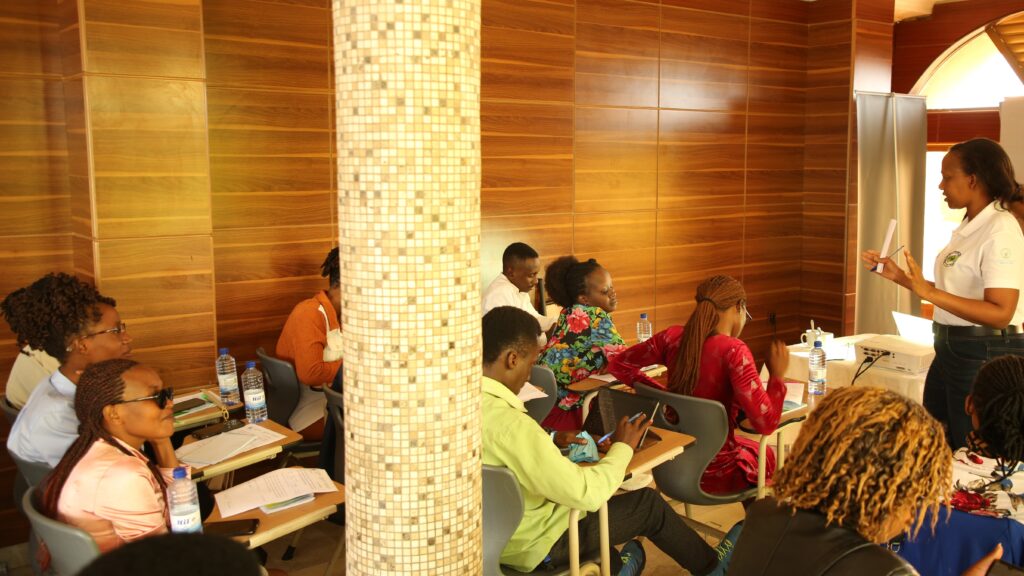
Among other themes, the training covered several topics including presentation techniques; (through radio, TV and Social media platforms), Camera operation basic technics, developing a storyline and scripting, creation of social media platforms, uploading content online (posting messages, pictures and videos, feedback management and monitoring).
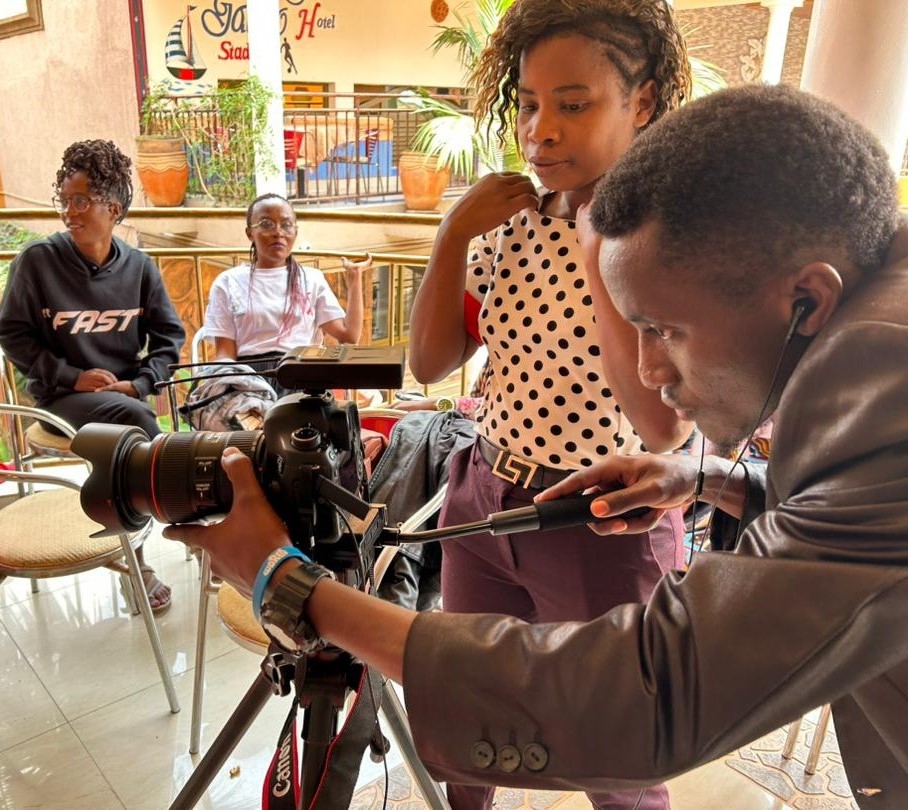
During the training, the Ambassadors further acquired skills in digital safety, HIV prevention, care and treatment, life skills and were also educated on Sexual Reproductive Health and Rights (SRHR), Stigma and discrimination related to HIV.
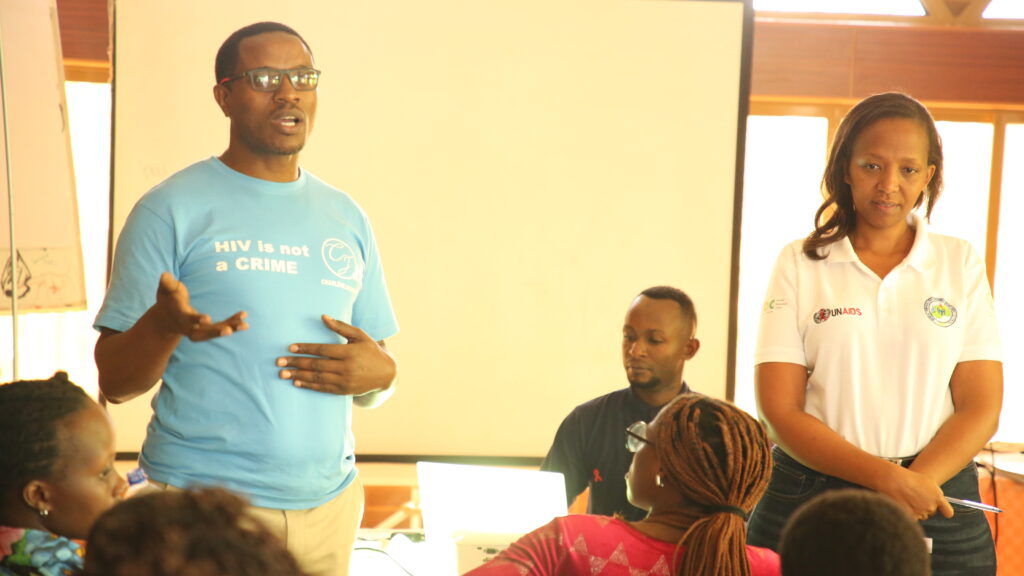
In the last decade, the HIV prevalence among general population in Rwanda has been maintained at 3% with 3.7% in women, and 2.0% in men aged 15-64 years old.
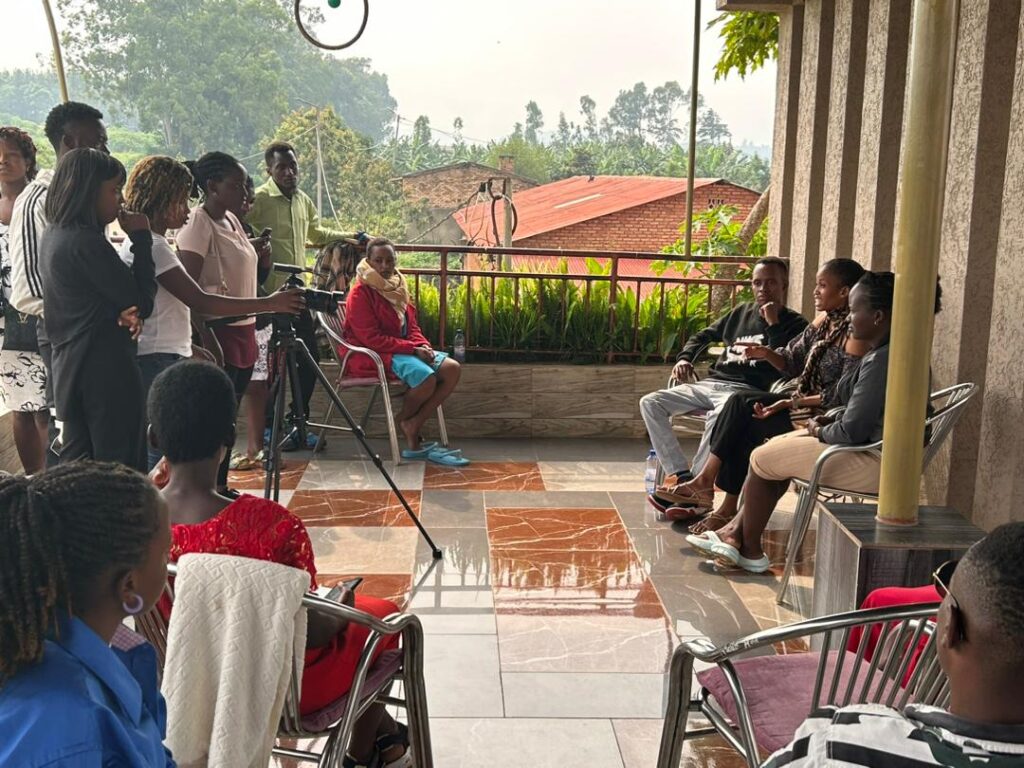
According to the same assessment, the overall percentage annual incidence of HIV infection among adults was 0.08%; with 35% of new infections coming from adolescents.
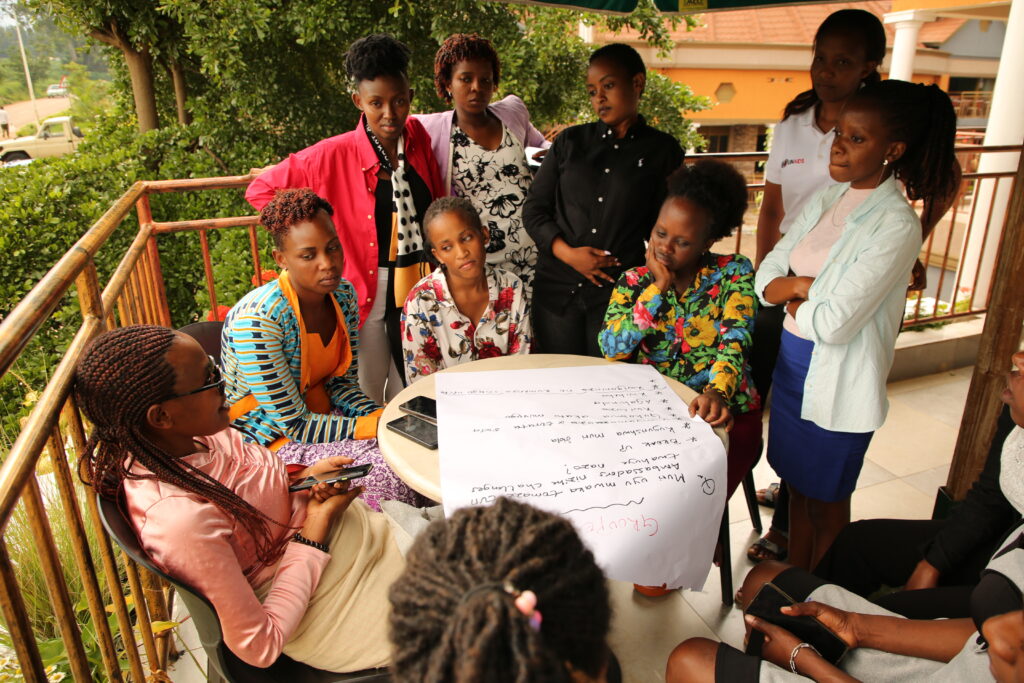
According to one of the participants, Stigma is still a factor for many young people living with HIV. She said, “If it wasn’t for the support and encouragement from RRP+ and stakeholders, it would be difficult to understand and accept our HIV status. Still, taking the treatment would be so hard. However, we have learnt from them that we can be healthy and this gives us courage to pass on messages to fellow youth and the entire population”.
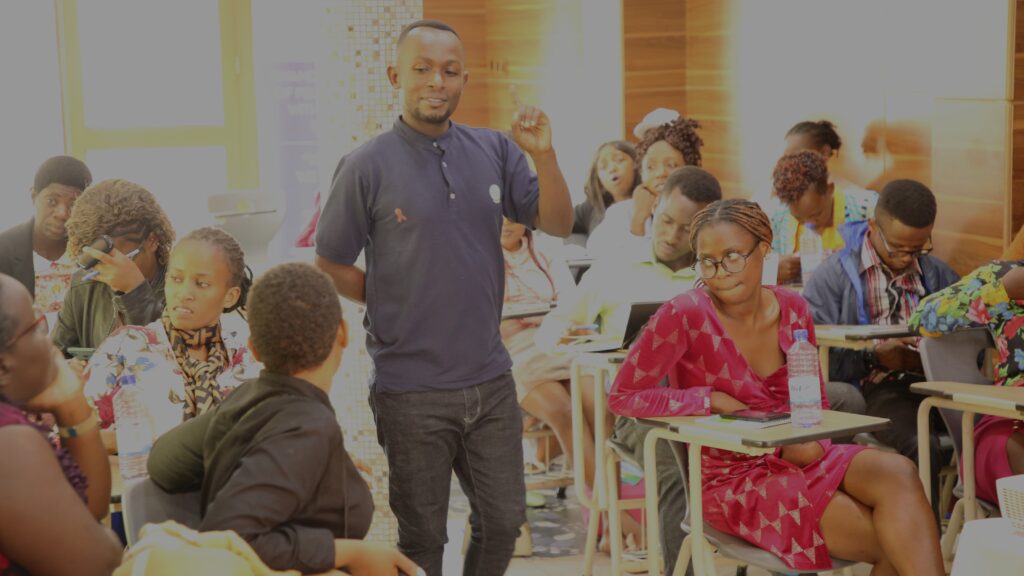
During the training, the Ambassadors further acquired skills in digital safety, HIV prevention, care and treatment, life skills and were also educated on Sexual Reproductive Health and Rights (SRHR), Stigma and discrimination related to HIV.
This kind of training creates an opportunity to build the Ambassadors’ resilience to cope with psychological effects linked to feedback on the comments from their YouTube channel followers.
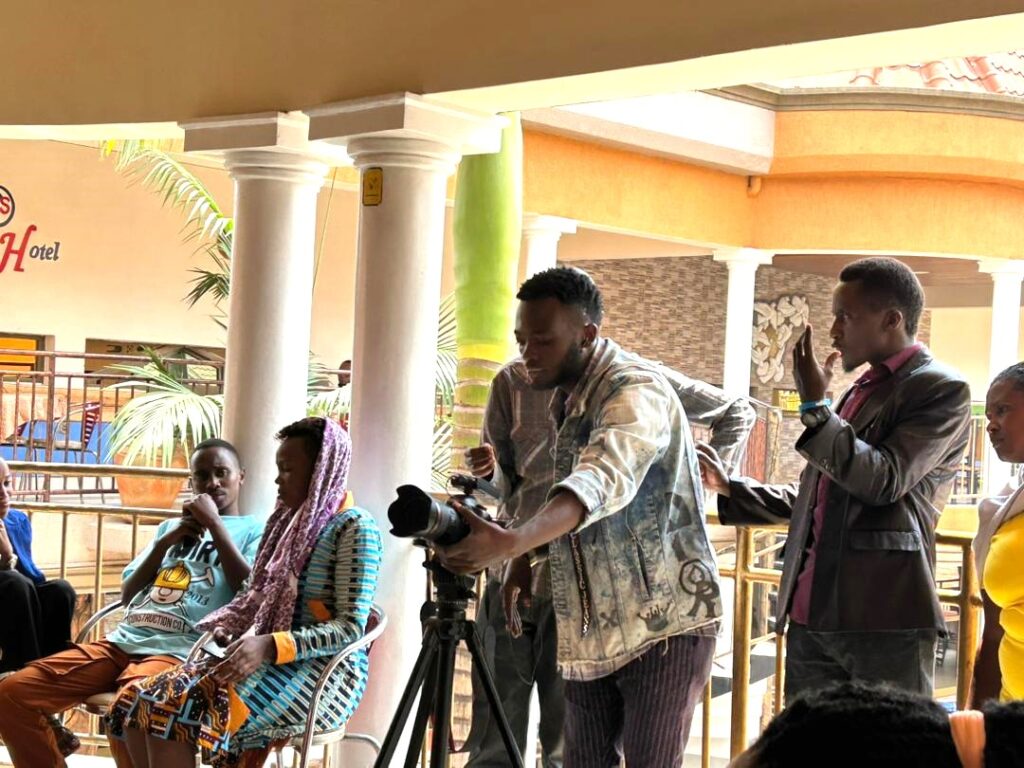
Participants shared some of their experiences in dealing with multiple challenges as they take on changing family dynamics and societal response about HIV.

